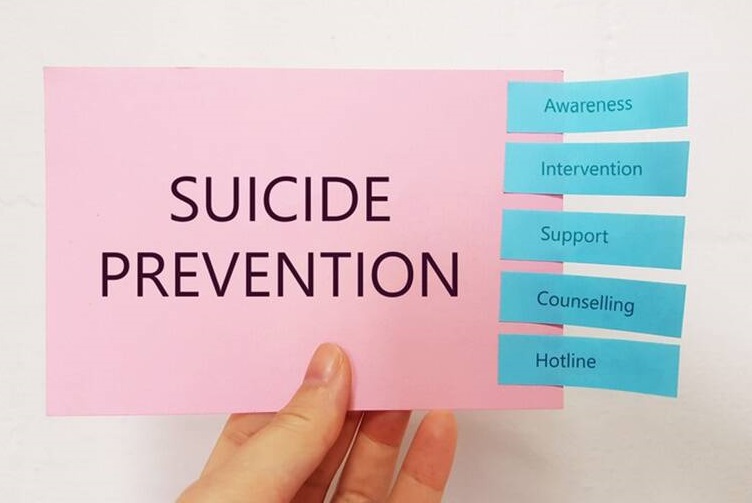Strategy to save: On the National Suicide Prevention Strategy
The National Suicide Prevention Strategy must cascade down to every district
The best first step towards addressing a malaise is to recognise that it exists. The Ministry of Health and Family Welfare’s recently published National Suicide Prevention Strategy fits right there. It has been a long time coming, but the Strategy, finally in the public realm, calls attention to the massive burden of suicides in the country, and initiates steps to achieve a reduction in suicide mortality by 10% by 2030. At the same time, it has measured the paces forward with a time-bound action plan that takes into account the grim realities of a varying ground situation in India. The problem is indeed dire, and without targeted intervention programmes, and stigma reduction strategies, a public health crisis of gargantuan proportions is imminent. Globally, suicide is the second leading cause of death among 15-29-year-olds and also the second leading cause of death for females aged 15-19 years, as per WHO estimates. In India, more than one lakh lives are lost every year to suicide. In the past three years, the suicide rate has increased from 10.2 to 11.3 per 1,00,000 population. As per National Crime Records Bureau statistics, Maharashtra, Tamil Nadu, Madhya Pradesh, West Bengal and Karnataka have the highest percentage share of suicides (2018-2020), ranging between 8% to 11%. The most common reasons include family problems and illnesses, while other causes include marital conflicts, love affairs, bankruptcy, substance abuse and dependence. Further, in approximately 10% of cases, the cause for suicide remains unknown. Importantly, the document notes that contrary to belief, the majority of suicides are preventable.
The Strategy is etched with evidence-based practices to reduce the number of suicides, inspired by WHO’s strategy for the South East Asian region, and strings together multiple sectoral collaborations to provide a cohesive strategy and achieve the intended reduction in the number of suicides. In addition to committing to establishing effective surveillance mechanisms within the next three years, and psychiatric outpatient departments in all districts over five years, the Strategy also intends to write in mental health in the curriculum in educational institutions within the next eight years. Addressing issues relevant to India, including access to pesticides, and alcoholism, has set the Strategy on the path towards achievement of the goals. It is, however, incumbent on the Government to stay the course until the targets are achieved. Of course, in a federal country, any success is possible only if States are enthusiastic participants in the roll out.
